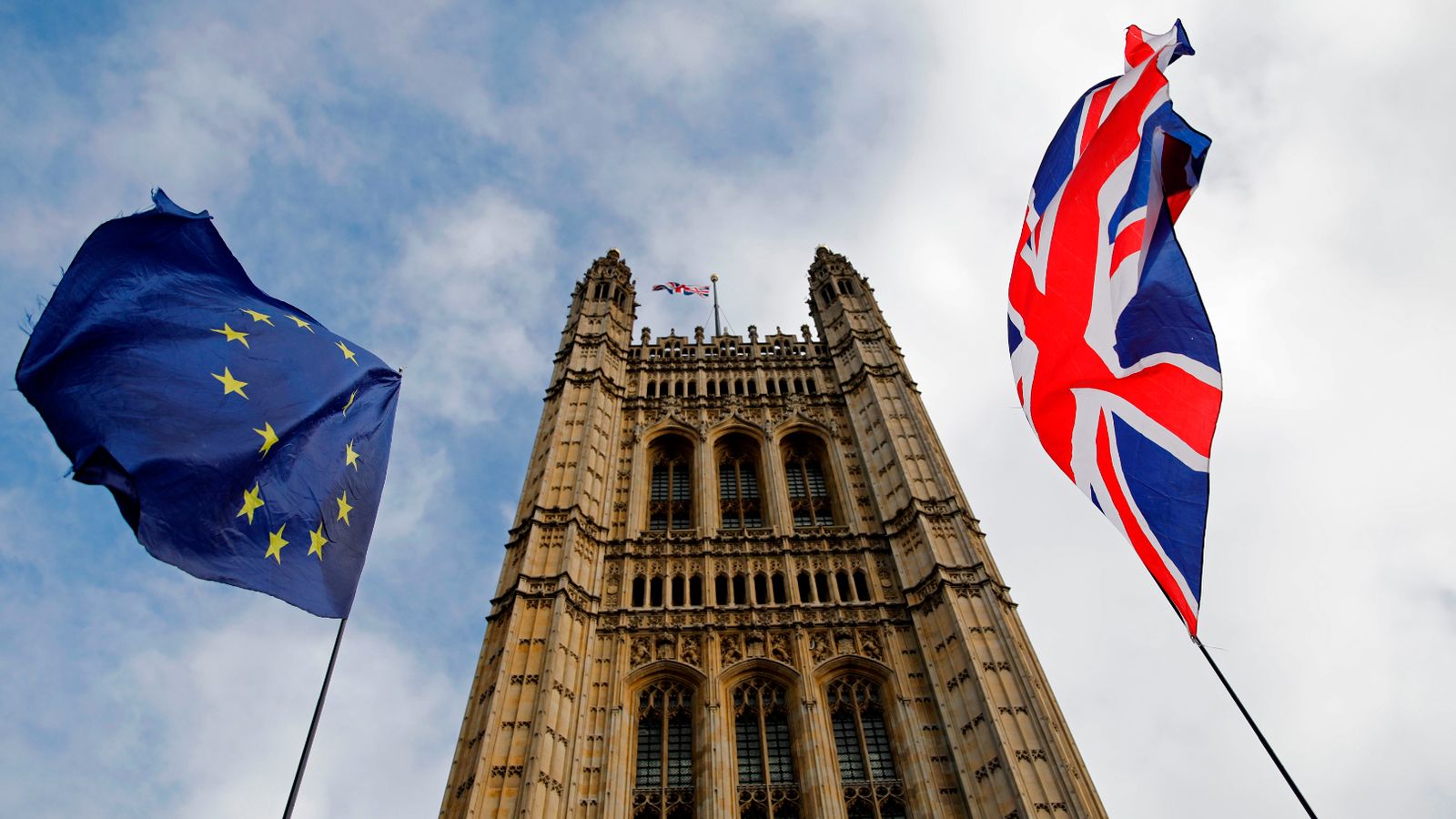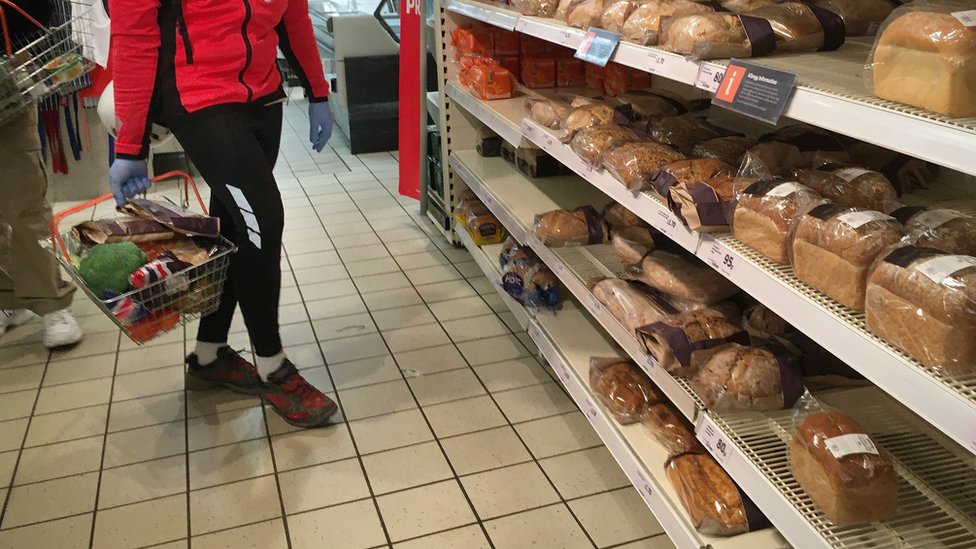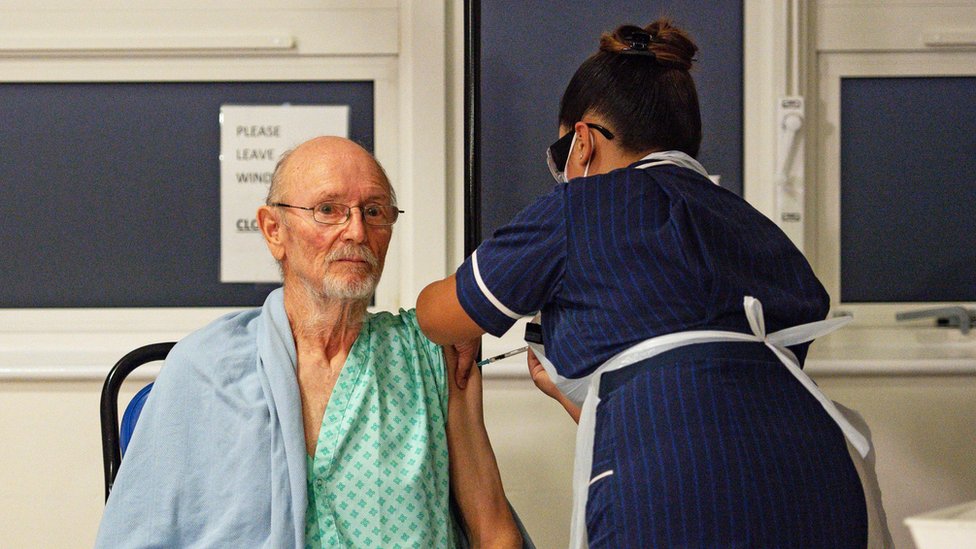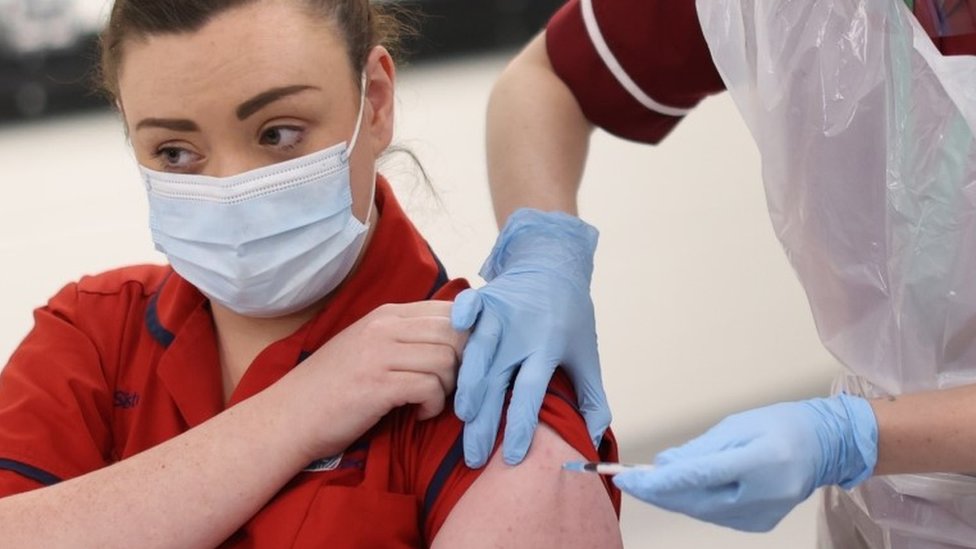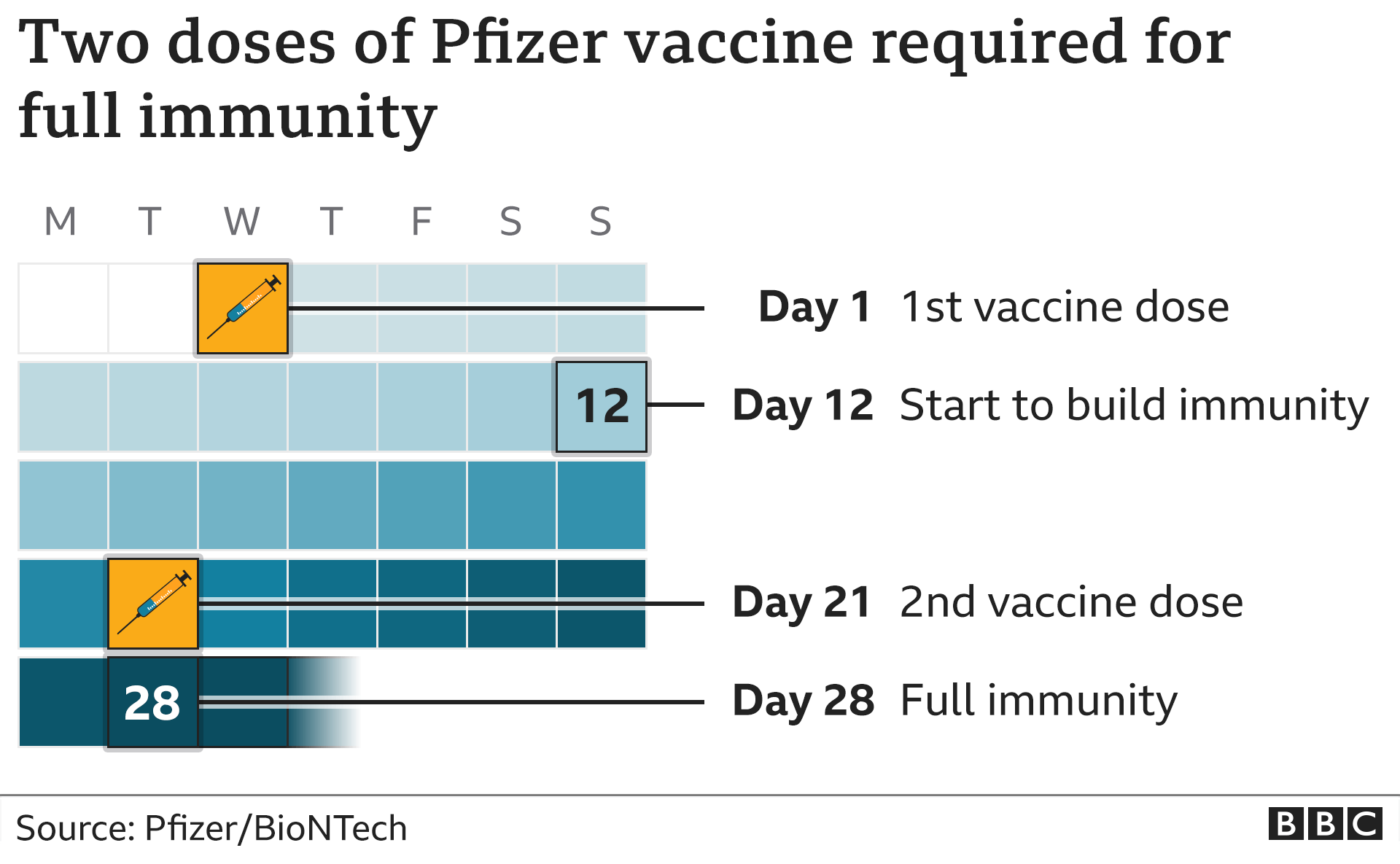Boris Johnson has said he hopes the "power of sweet reason" will allow the UK and EU to reach a post-Brexit trade deal this week.
The prime minister is to meet European Commission President Ursula von der Leyen in Brussels in the coming days, as the deadline for agreement nears.
He told the BBC the situation was "very tricky" but "hope springs eternal".
The two sides still disagree on fishing rights, business competition rules and how any deal would be enforced.
If an agreement is not reached and ratified by 31 December, the UK and EU could introduce import charges on each other's goods.
A 40-minute phone call between Mr Johnson and Ms von der Leyen on Monday failed to produce a breakthrough, but they agreed to hold a face-to-face meeting, expected to happen on Wednesday or Friday.
They promised to discuss "remaining differences", which the UK and EU negotiating teams - led by Lord Frost and Michel Barnier - have not been able to bridge despite a week of intense talks.
The leaders of the 27 EU member states will also discuss future UK-EU trade at a Brussels summit on Thursday.
Speaking to the BBC, Mr Johnson said: "I'm always hopeful, but I've got to be honest with you, the situation at the moment is very tricky."
But he added that "hope springs eternal" and said: "You've got to be optimistic. You've got to believe there's the power of sweet reason."
Mr Johnson also warned: "We will see where we get to in the course of the next two days, but I think the UK government's position is that we are willing to engage at any level, political or otherwise, we are willing to try anything.
"But there are just limits beyond which no sensible, independent government or country could go and people have got to understand that."
He later told his cabinet that an agreement "must maintain the core principles of sovereignty and control" and the UK would thrive whatever the outcome.

Brexit - The basics
- Brexit happened but rules didn't change at once: The UK left the European Union on 31 January but leaders needed time to negotiate a deal for life afterwards - they got 11 months
- Talks are happening: The UK and the EU have until 31 December to agree a trade deal as well as other things, such as fishing rights
- If there is no deal: Border checks and taxes will be introduced for goods travelling between the UK and the EU. But deal or no deal, we will still see changes

Mr Barnier and Lord Frost met earlier on Tuesday in Brussels to draw up a list of outstanding differences. The UK negotiator will return to London to update the prime minister.
After briefing ambassadors from the EU's 27 member states, Mr Barnier tweeted: "Full unity. We will never sacrifice our future for the present. Access to our market comes with conditions."
The European Commission said the talks were in "unchartered territory" and the purpose of the meeting later this week was to "try and lift substantial impasses so that the other negotiators can continue their work".
"It is very difficult to speculate what might be the outcome of the meeting," its chief spokesman said.
Asked if the EU was preparing for a no deal, he said this was "not on the agenda at the moment".
The EU has suggested negotiations could continue after 1 January if no deal was agreed by then but Downing Street insisted the process had to finish this month.
Labour welcomed the decision to keep talking, but shadow Cabinet Office minister Rachel Reeves said the prime minister should have been "more engaged in these negotiations months ago rather than leaving it to the 11th hour".
What are they arguing about?
The UK and EU are at loggerheads over the so-called "level playing field" - a set of shared rules and standards to ensure businesses in one country do not have an unfair advantage over their competitors in others.
Brussels wants the UK to follow EU rules closely in areas such as workers' rights and environmental regulations, but the UK says the goal of Brexit is to break free from following common rules and reassert national sovereignty.
And the two sides disagree on how any future trading disputes should be resolved.
On fishing, the EU is warning that, without ongoing access to UK waters for its fleets, UK fishermen will no longer have special access to EU markets to sell their goods.
But the UK argues that what goes on in its own waters should be under its control as a sovereign country.
The UK's Office for Budget Responsibility has said leaving the EU customs union and single market without a trade deal could lead to a 2% reduction in national income next year.


https://news.google.com/__i/rss/rd/articles/CBMiL2h0dHBzOi8vd3d3LmJiYy5jby51ay9uZXdzL3VrLXBvbGl0aWNzLTU1MjI4NDkw0gEzaHR0cHM6Ly93d3cuYmJjLmNvLnVrL25ld3MvYW1wL3VrLXBvbGl0aWNzLTU1MjI4NDkw?oc=5
2020-12-08 13:59:00Z
52781222921133
